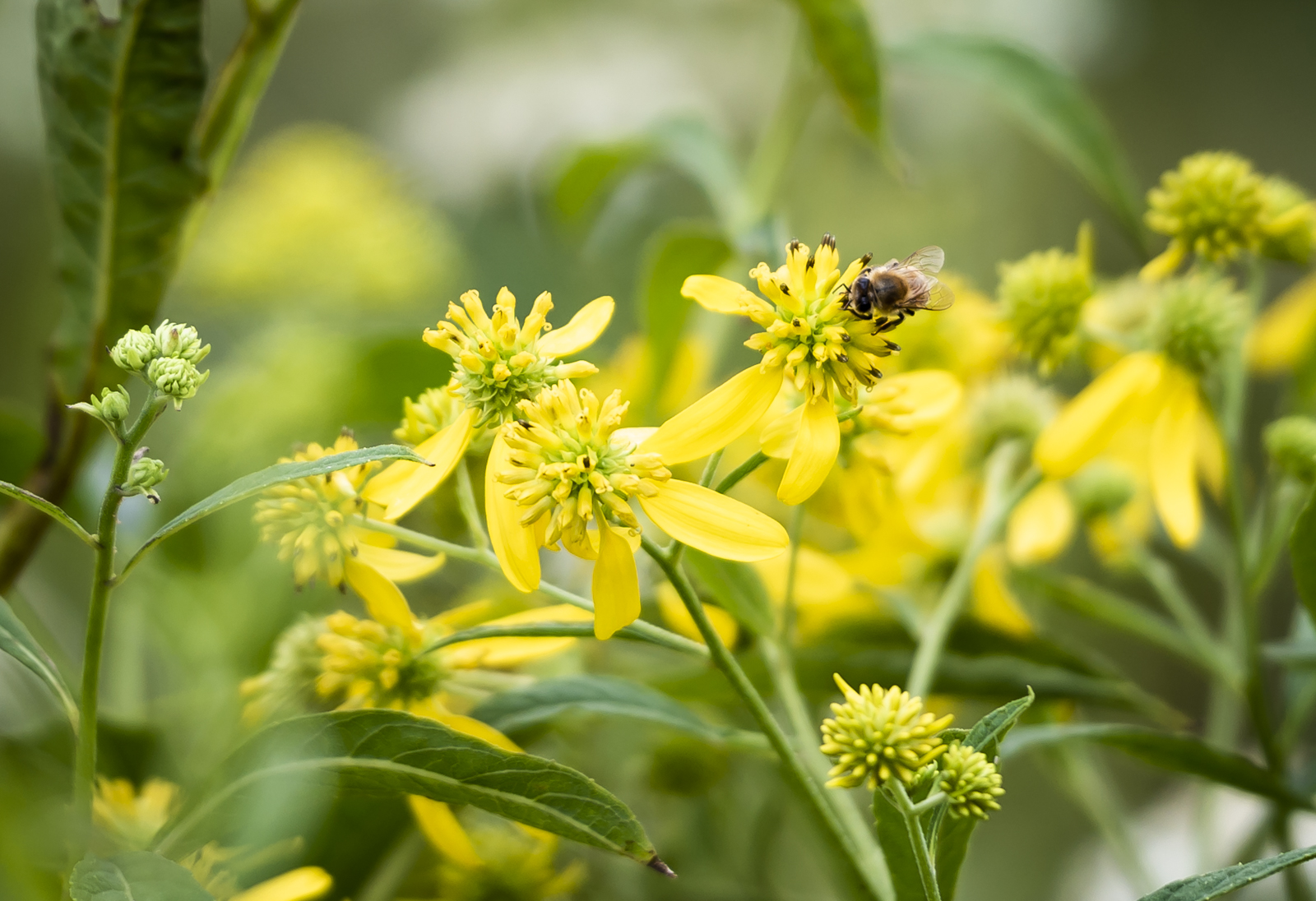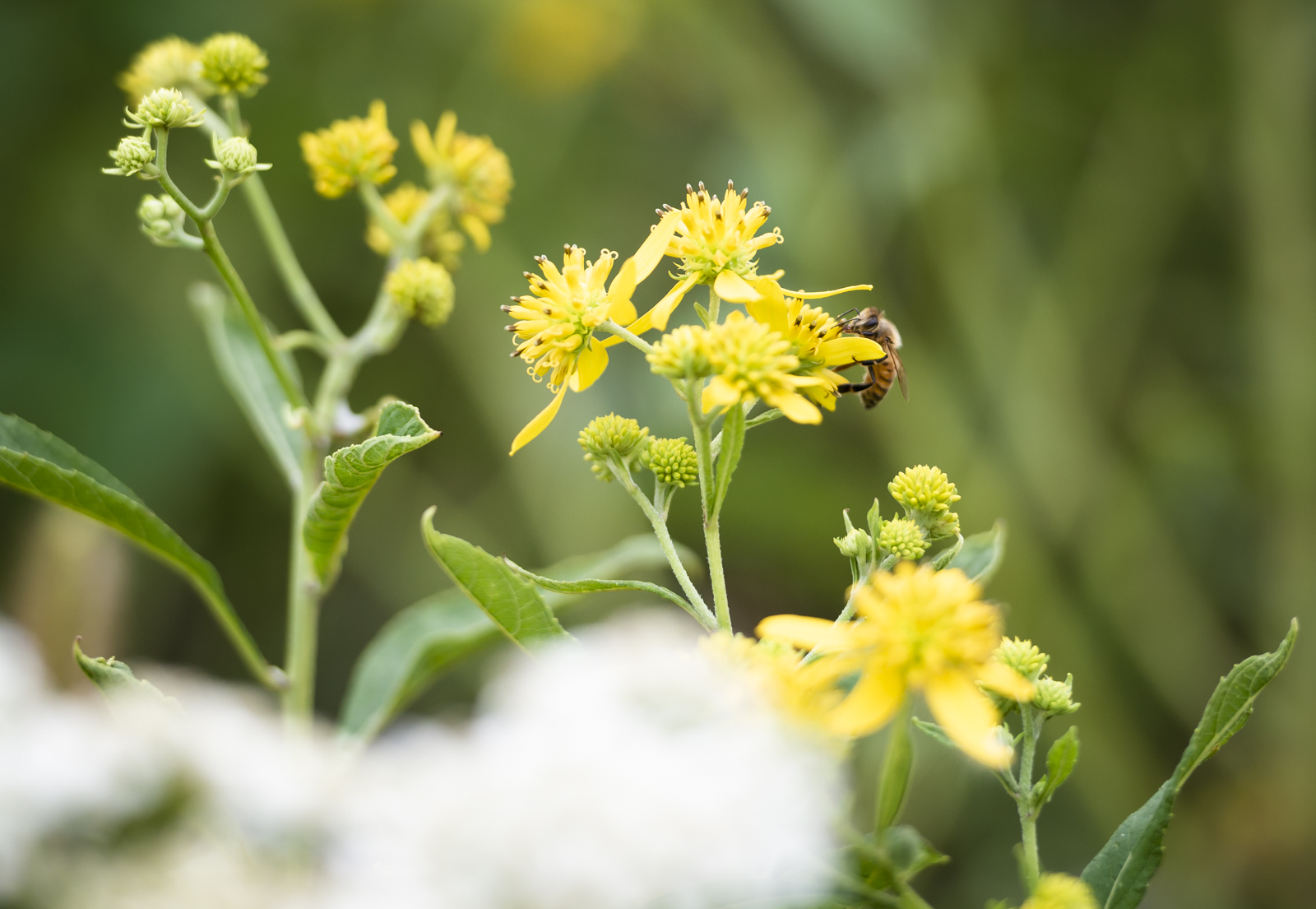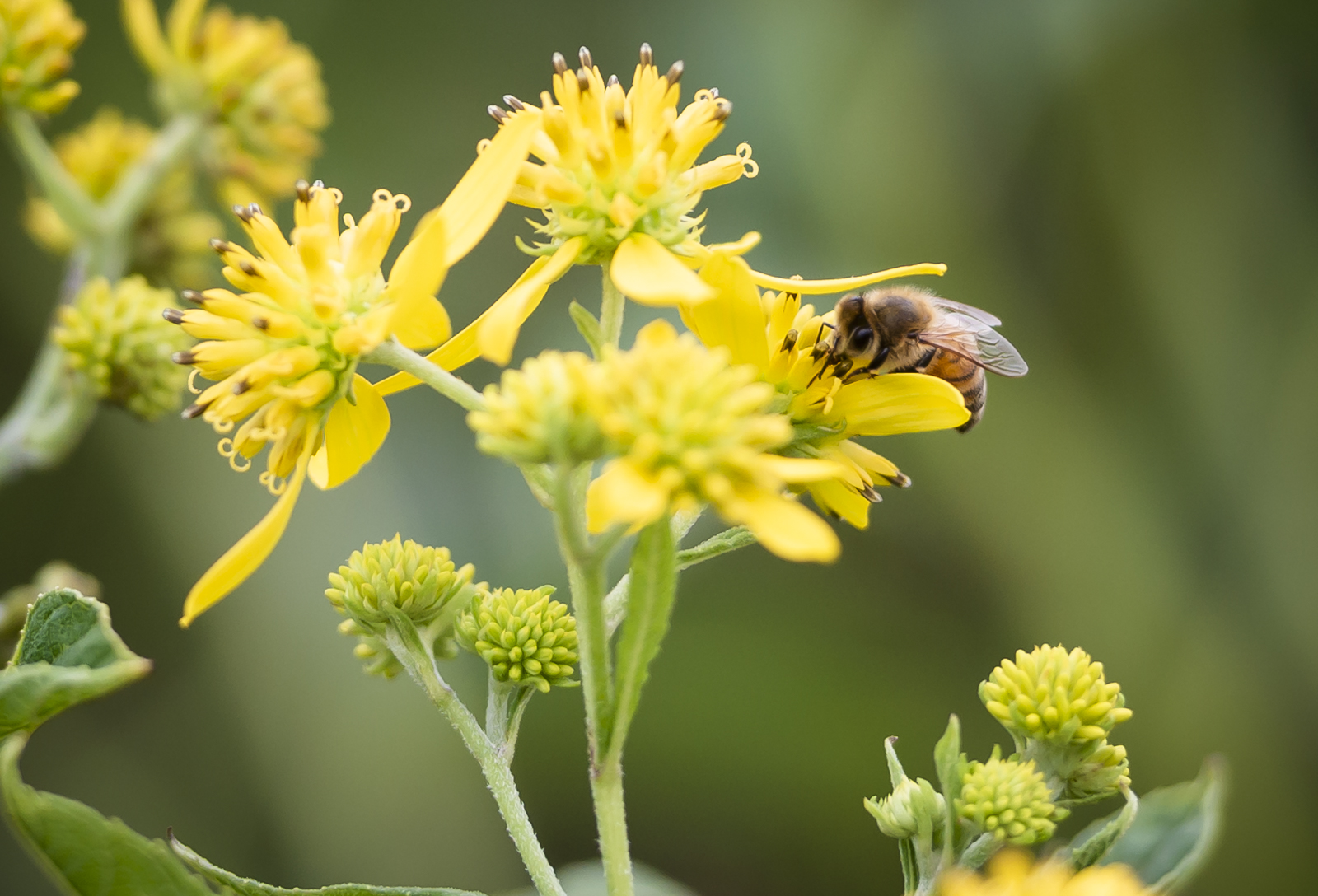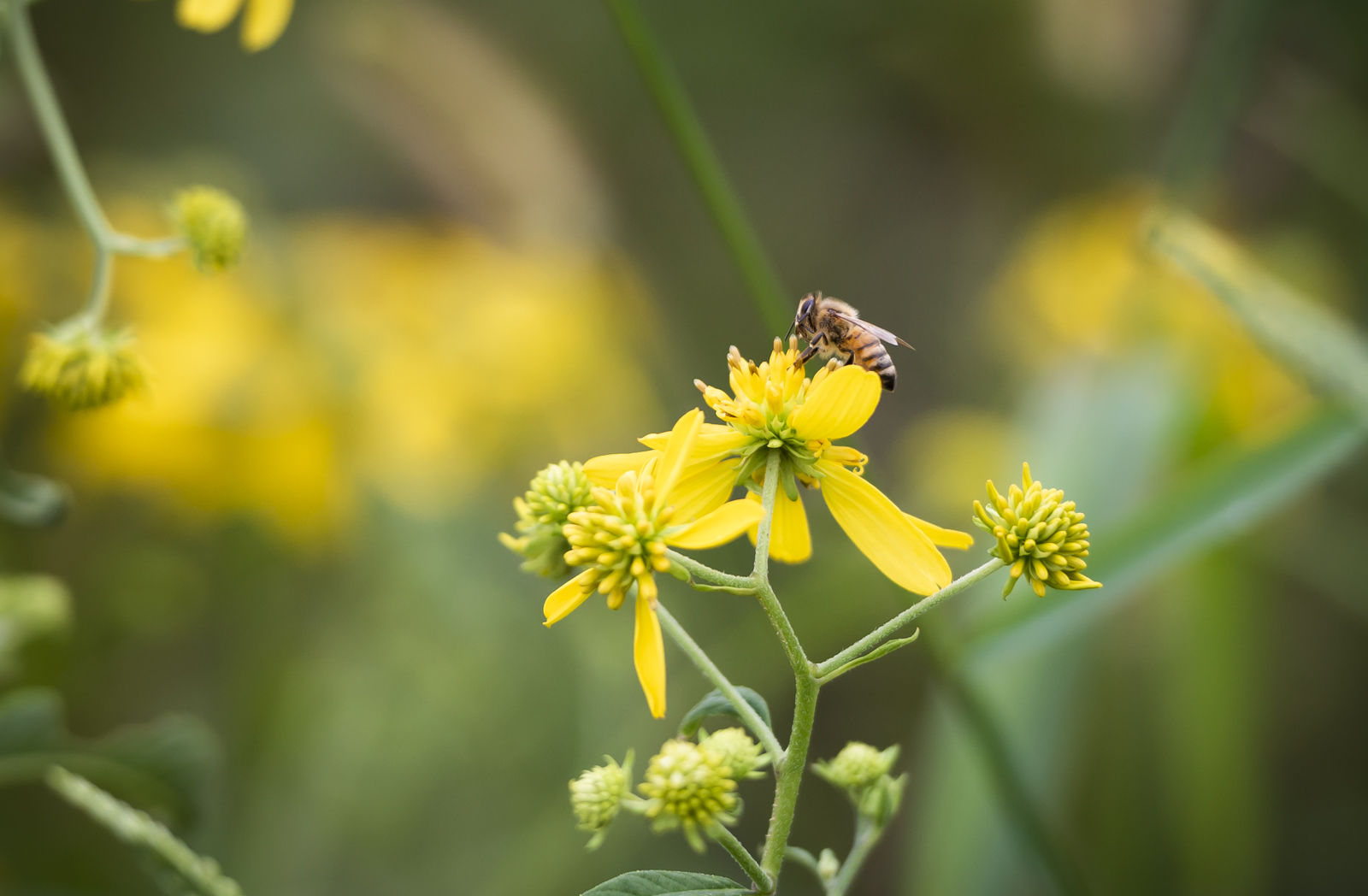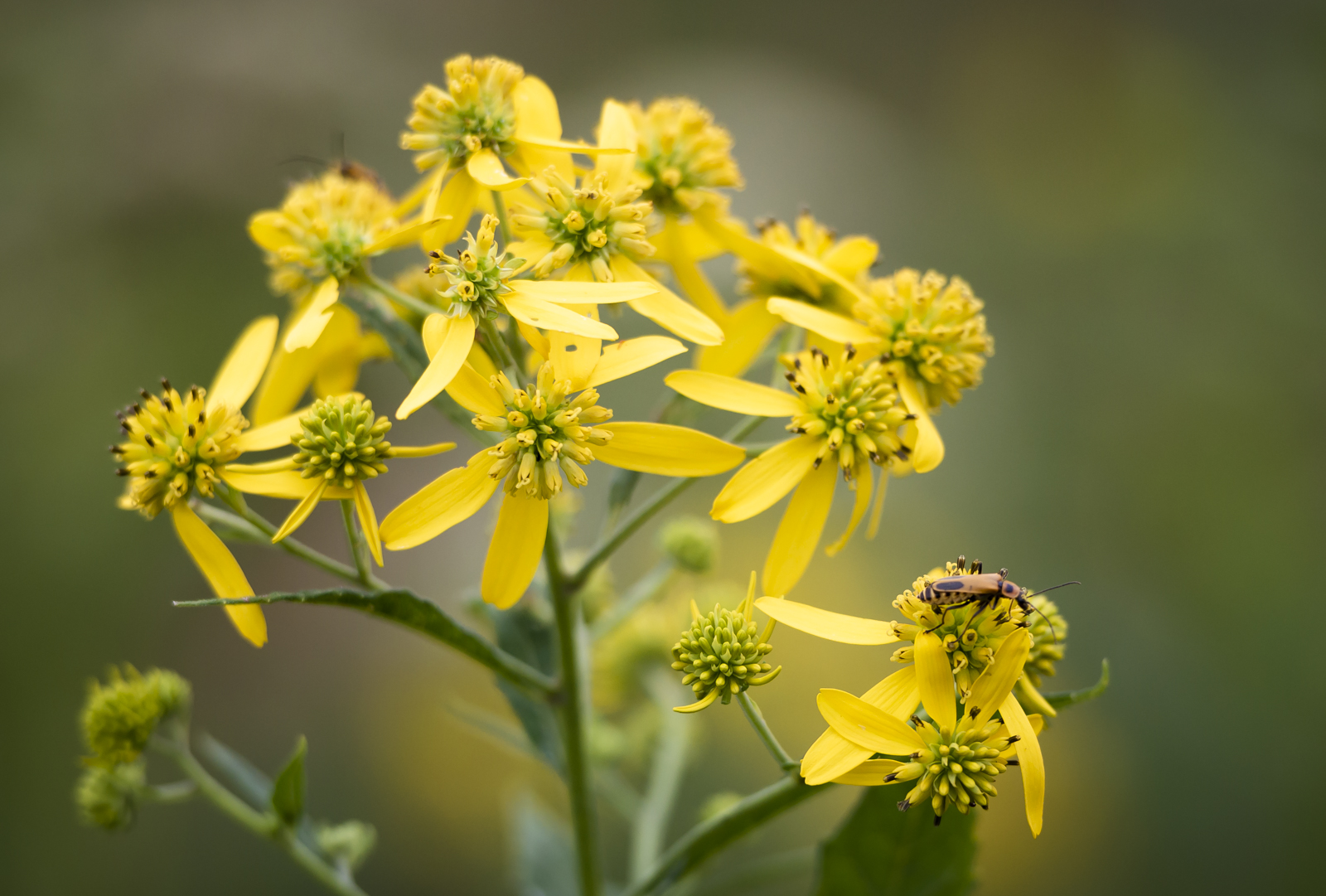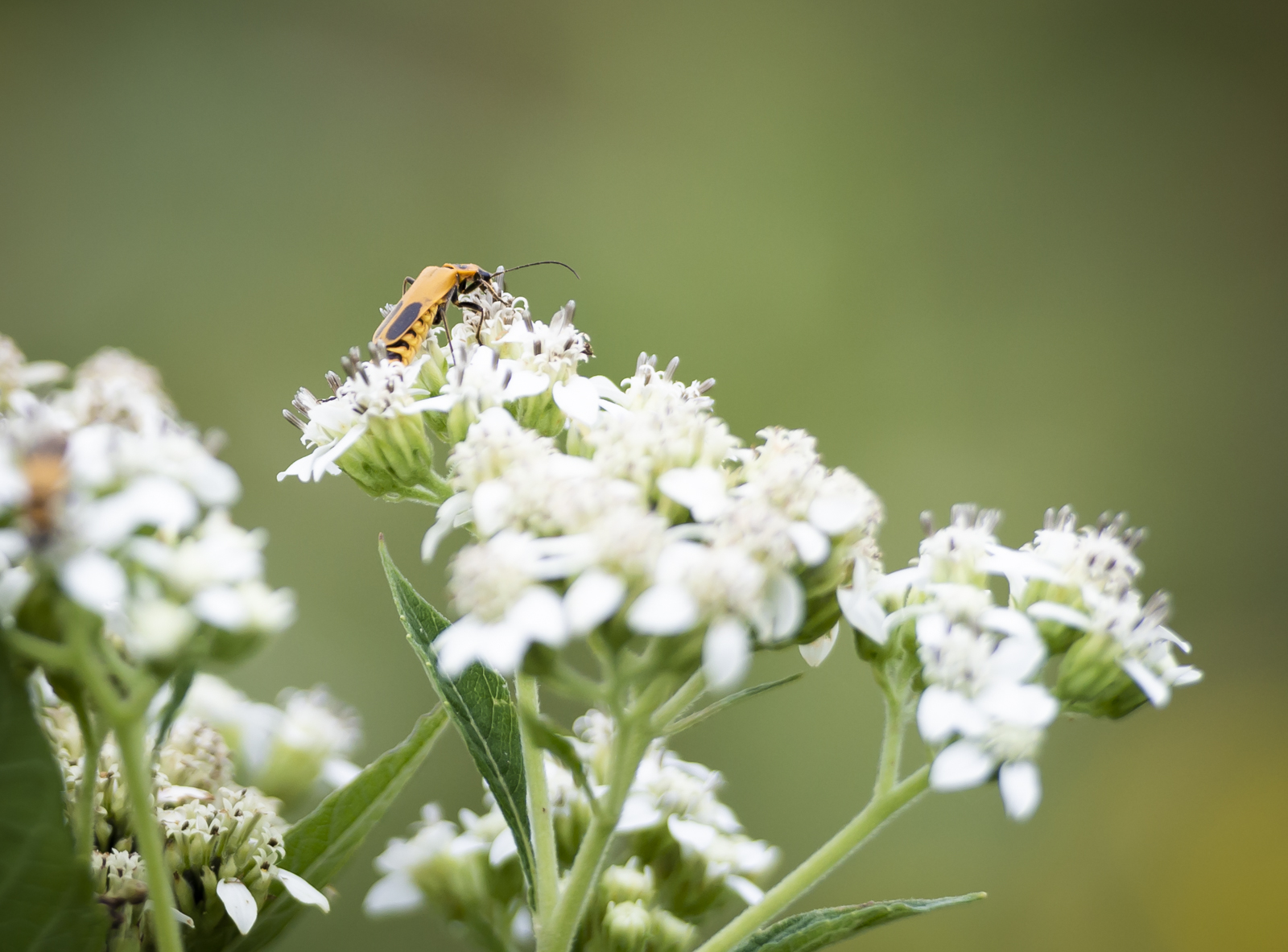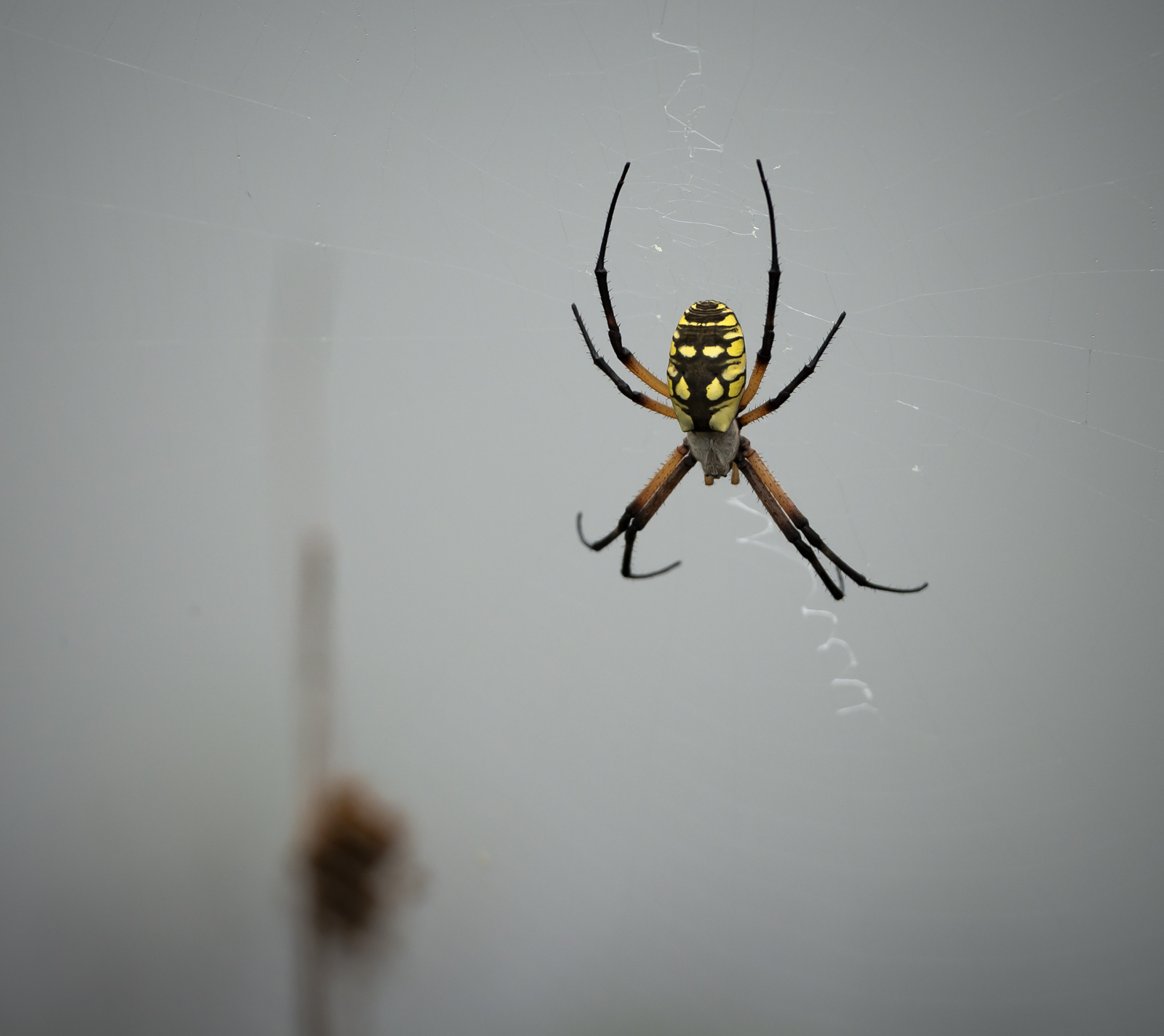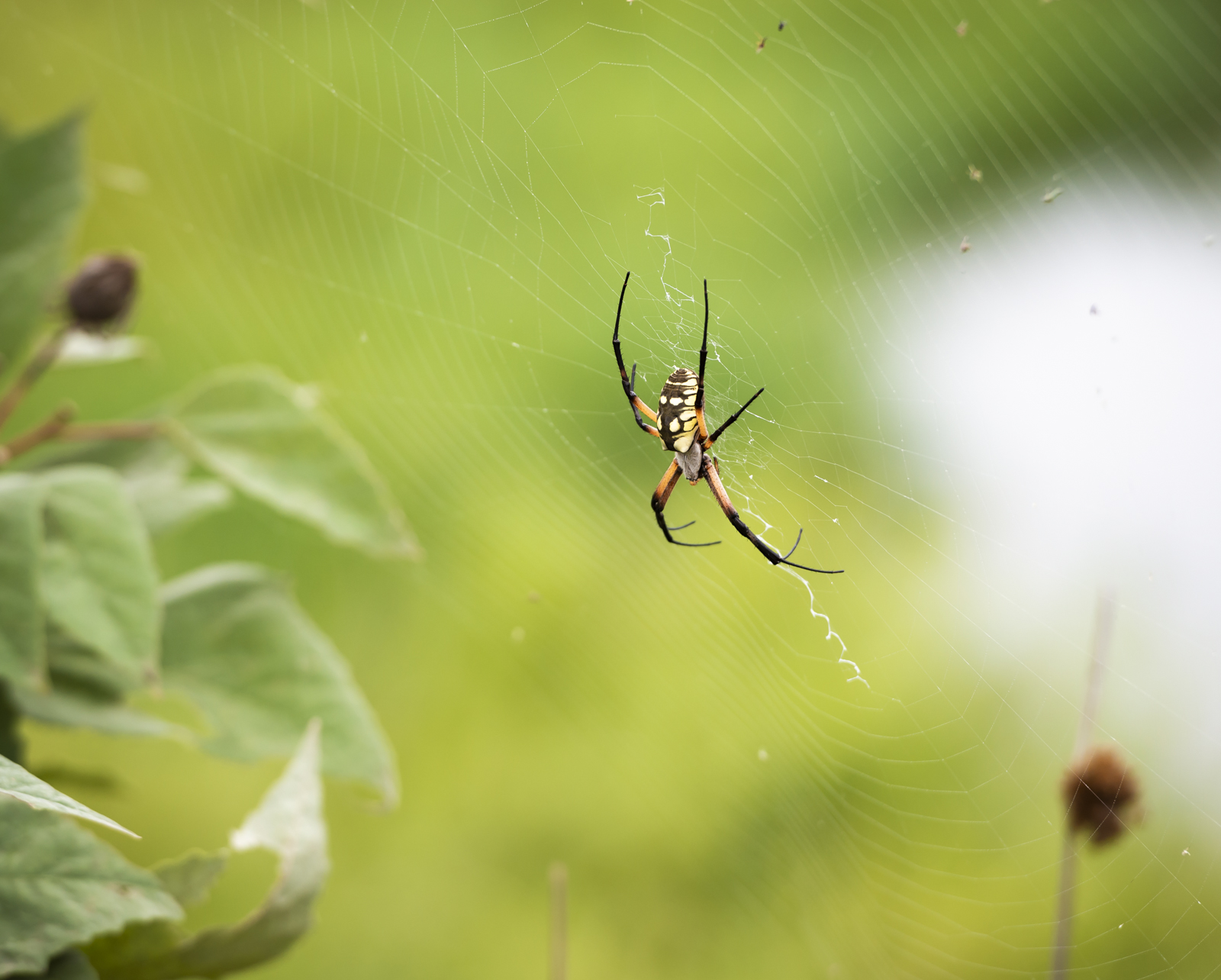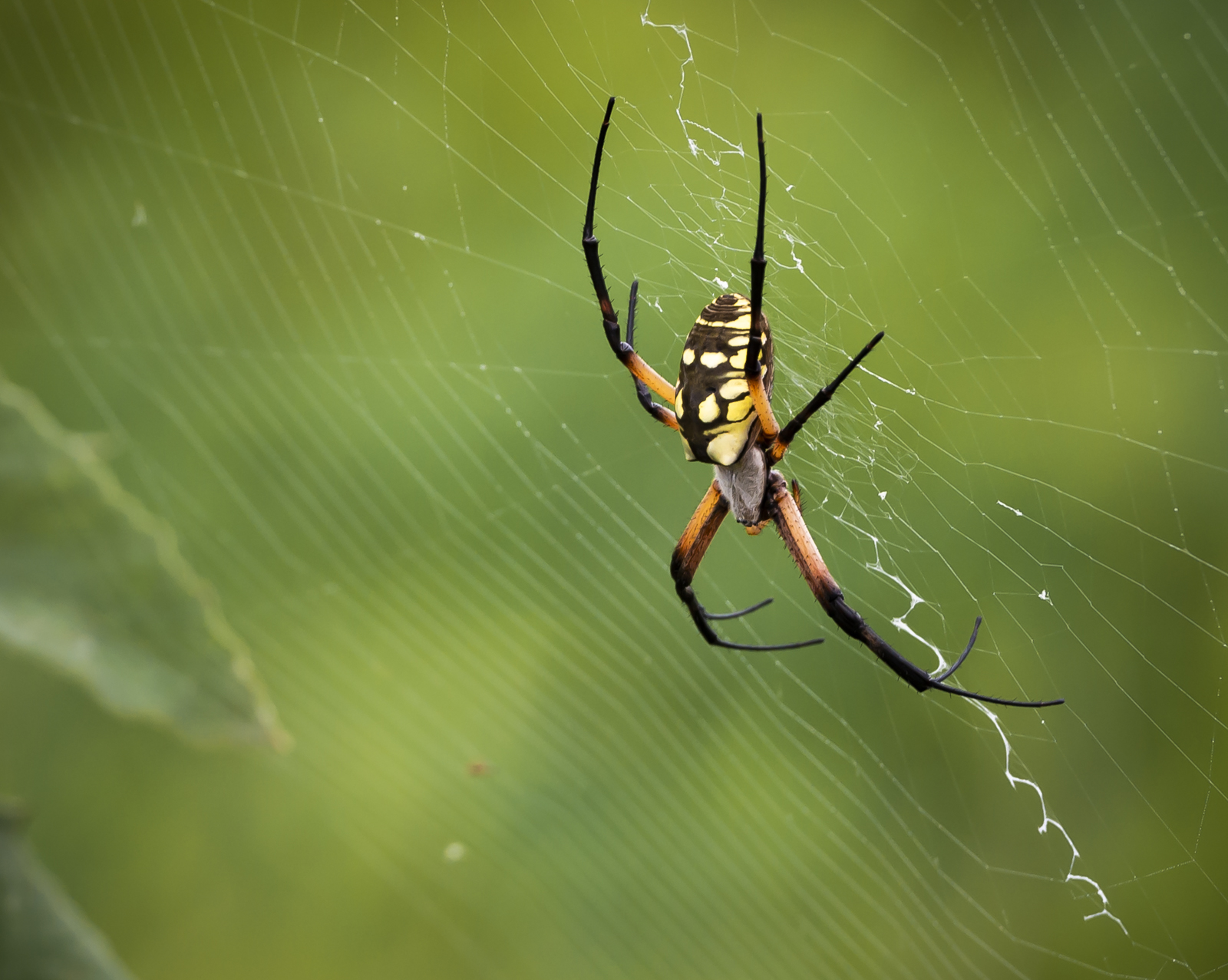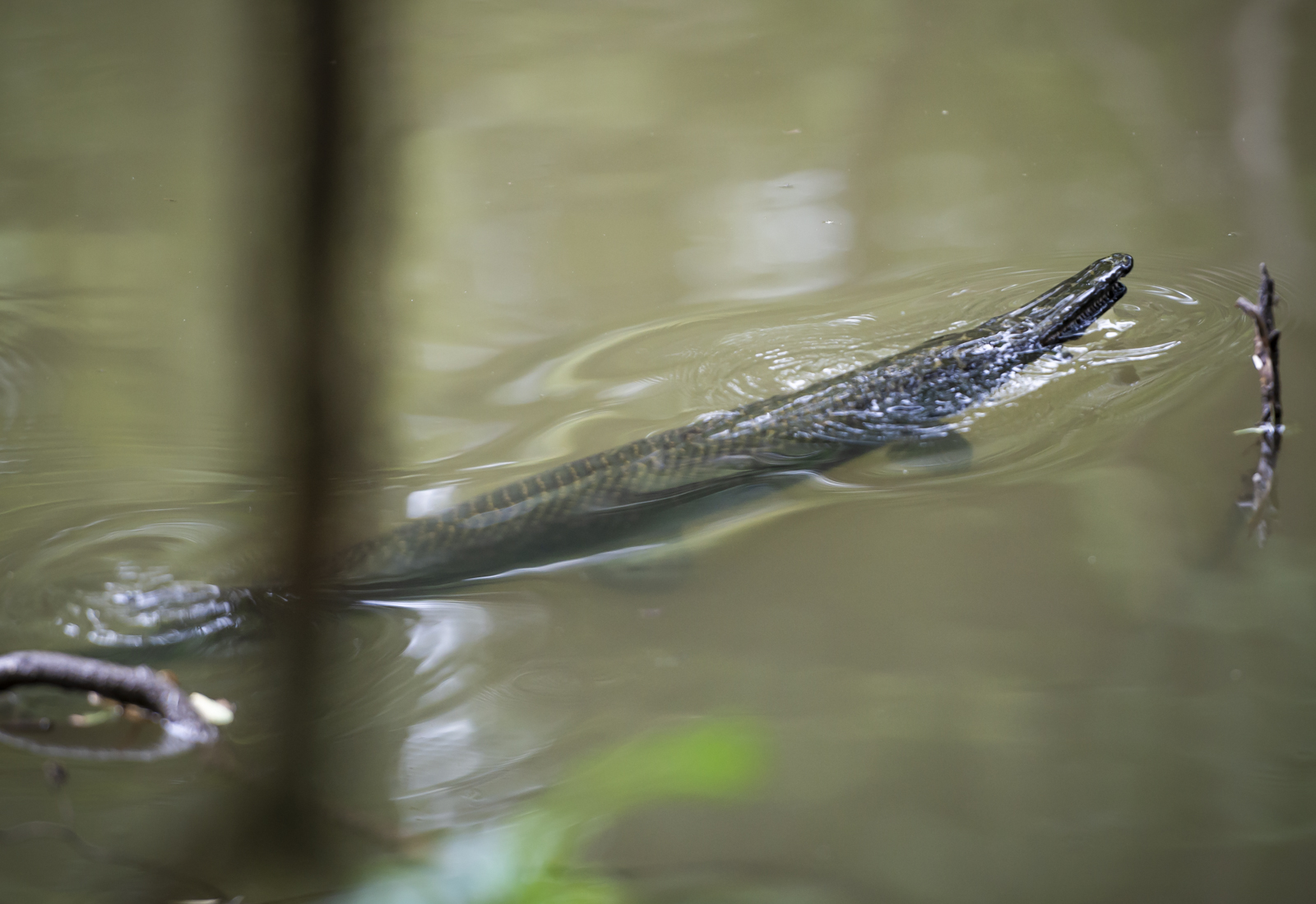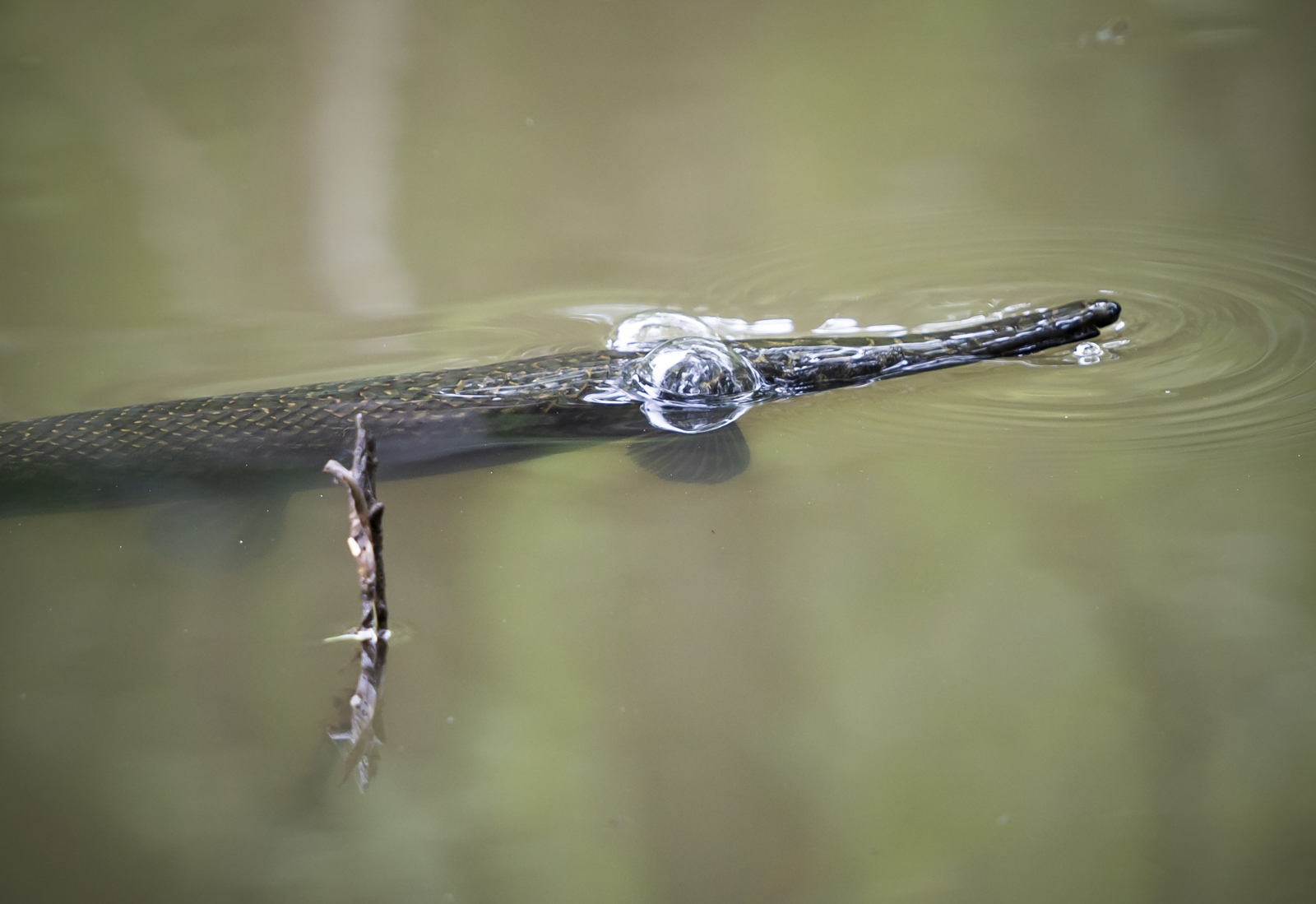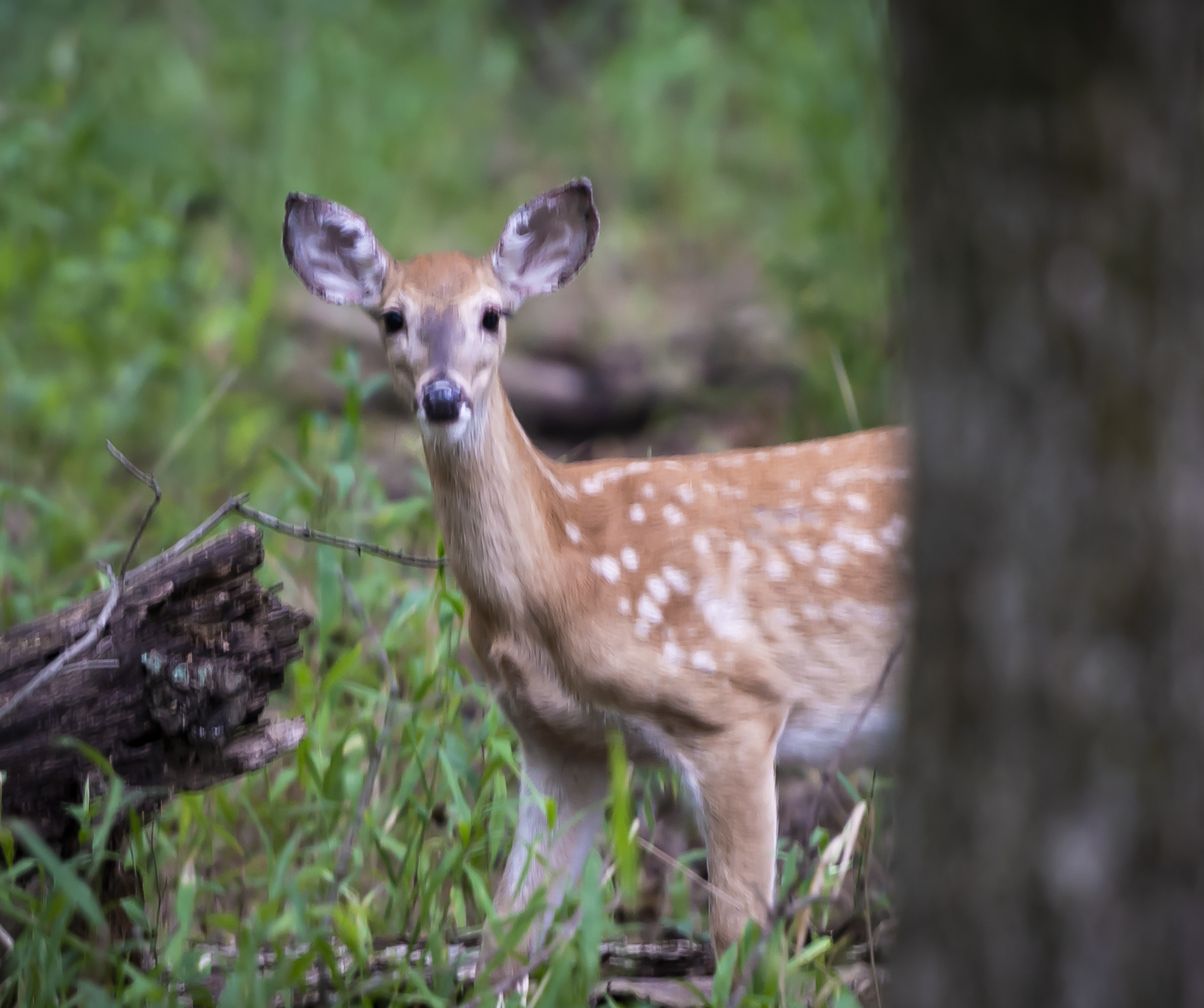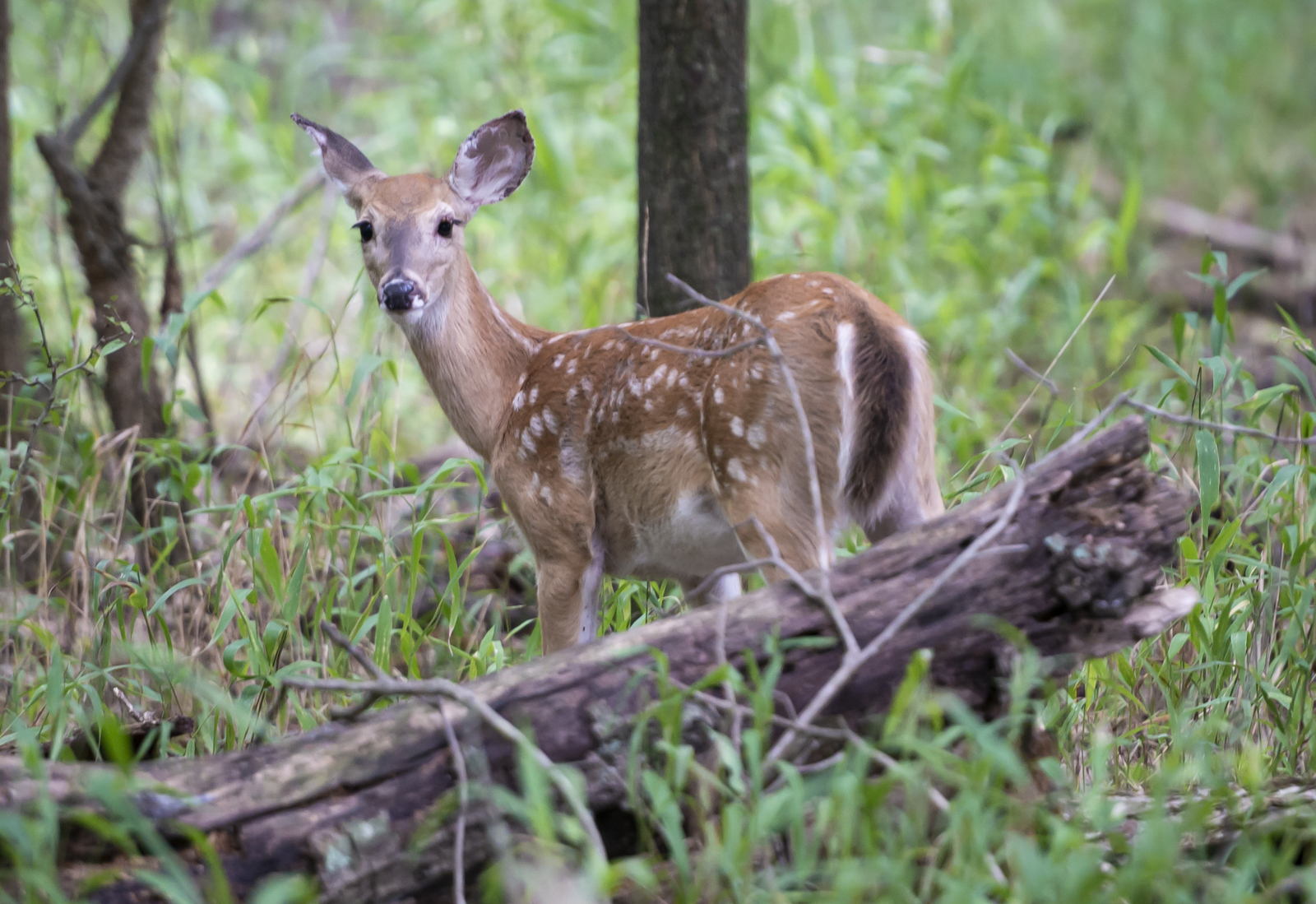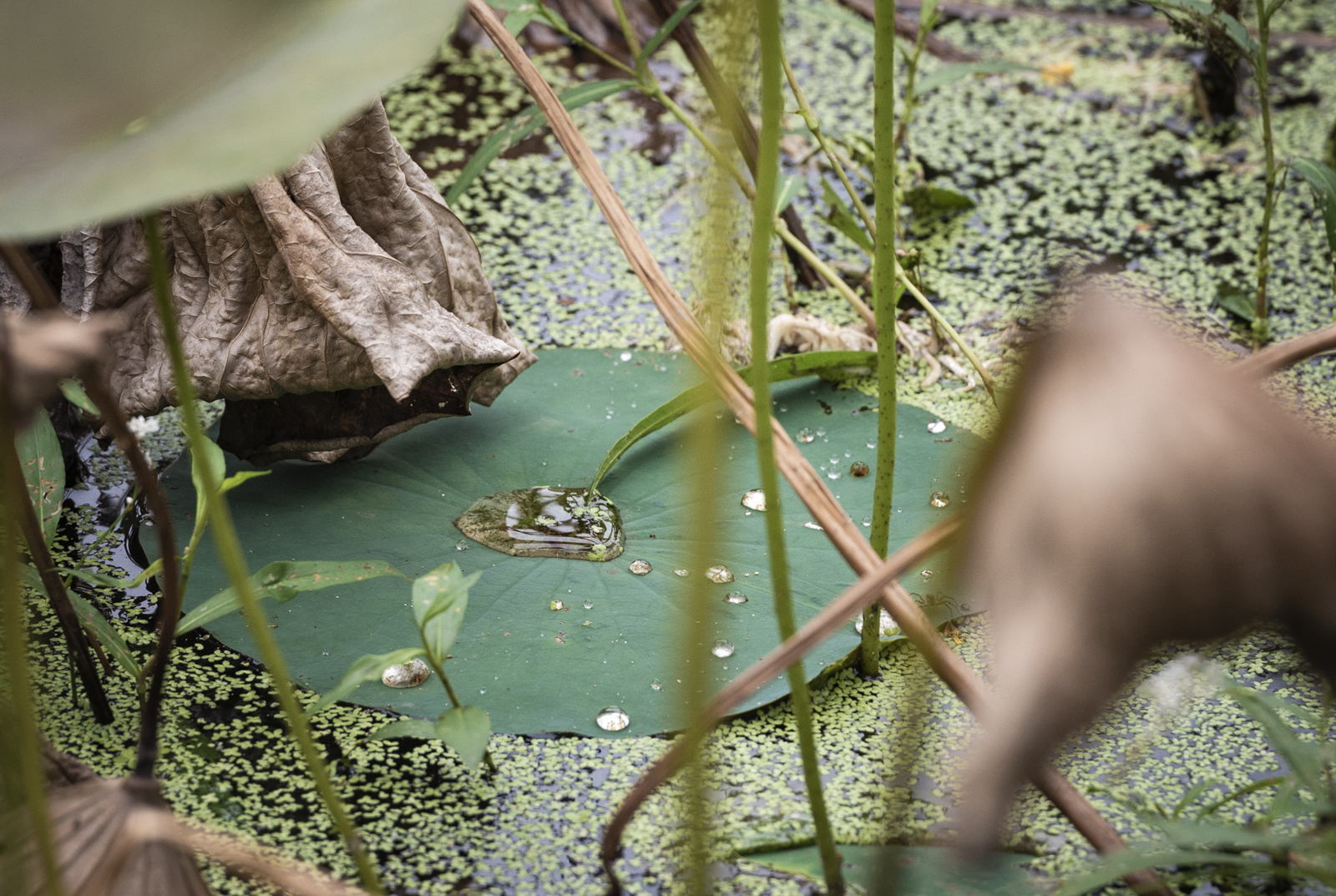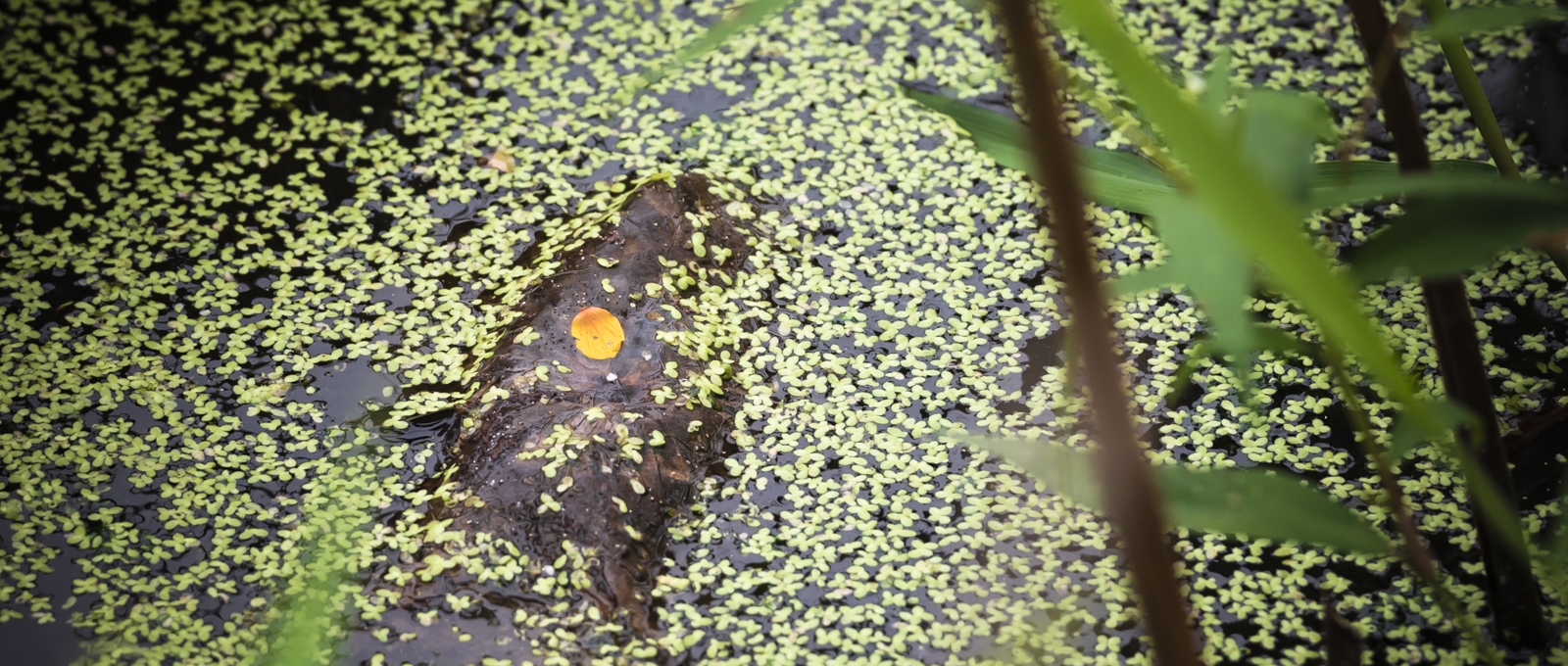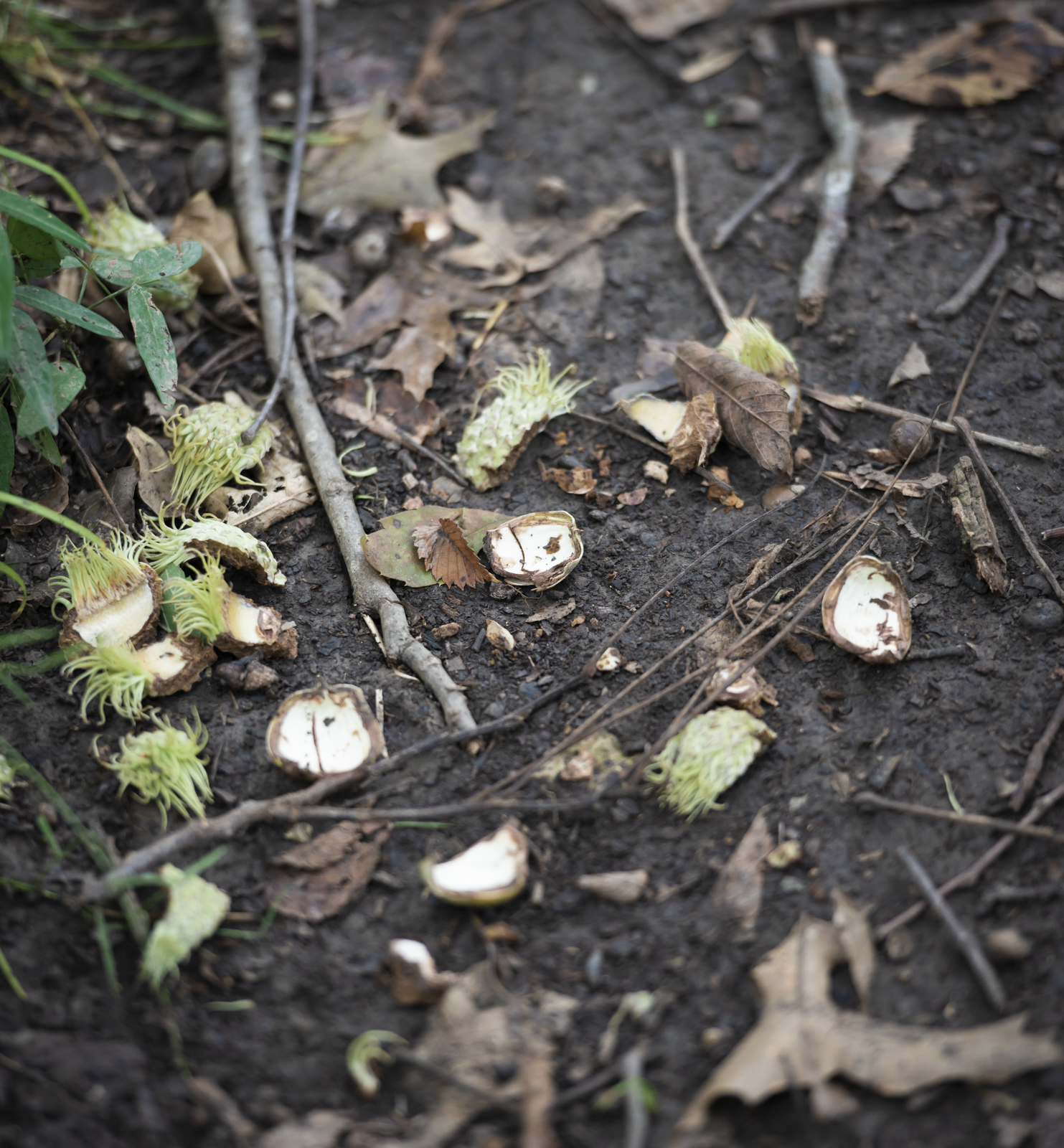Bees are awesome, so be kind to the pollinators.
Spent some time outside today, I've been needing that for a while. Here in Tulsa, OK we are privileged to have such a great park, Oxley Nature Center. Its a wonderful place to spend time in the woods.
Usually when I come out here, I have a tendency to try and capture the bigger image, to give context although I try to pay attention to the details. This time I actually did focus on the details, I slowed down and took my time.
Pollinator population declines and conservation.
Pollinators provide a key ecosystem service vital to the maintenance of both wild and agricultural plant communities. In 1999 the Convention on Biological Diversity issued the São Paulo Declaration on Pollinators, recognizing the critical role that these species play in supporting and maintaining terrestrial productivity as well as the survival challenges they face due to anthropogenic change. Today pollinators are considered to be in a state of decline, some species, such as Franklin’s bumble bee (Bombus franklini) have been red-listed and are in danger of extinction. Although managed bee hives are increasing worldwide, these can not compensate for the loss of wild pollinators in many locations.
Declines in the health and population of pollinators pose what could be a significant threat to the integrity of biodiversity, to global food webs, and to human health. At least 80% of our world's crop species require pollination to set seed. An estimated one out of every three bites of food comes to us through the work of animal pollinators. The quality of pollinator service has declined over time and this had led to concerns that pollination will be less resistant to extinction in the future. (section from Pollinator-Decline)
We can help and heres how, Million Pollinator Garden Network
Beatles, pollinate too, like these Soldier Beetles. Its so important to try and protect all of our indigenous wildlife. All life flora and fauna fill a niche, even mosquitoes.
Spiders are our friends too. Spiders like this Orb-Weaver Spider do a great job at helping to maintain and regulate other insect populations. Just like a variety of Bat and Bird species.
Out at Oxley Nature Center, there is a lot of water. Either Sherry Lake, Eagle Creek, marsh areas and canals. While hiking along a canal leading from Sherry Lake to the High Line Trail, I found this Shortnose Gar chilling in the water and slowly heading the same direction as I was.
Whenever I visit Oxley Nature Center I usually see deer. Not always in the most advantageous to get a photo, but will usually see one or eight. This time I came across the Whitetail fawn, just hanging out feeding on some low lying greens and leaves.
Its not just about the animals and insects, there are moments when you just need to stop and breathe. And when you do, you slow down, and you really begin to notice the details, the little things that usually go unseen and unappreciated. The thistle pods were leftovers from the lunch of forest inhabitant. I almost missed them on the side of the trail the way they blended in with the rest of the litter on the forest floor. The reflections in the water bedding up on the lily pad hides amongst the hundreds of other pads in various stages of decline as we head into early fall.

